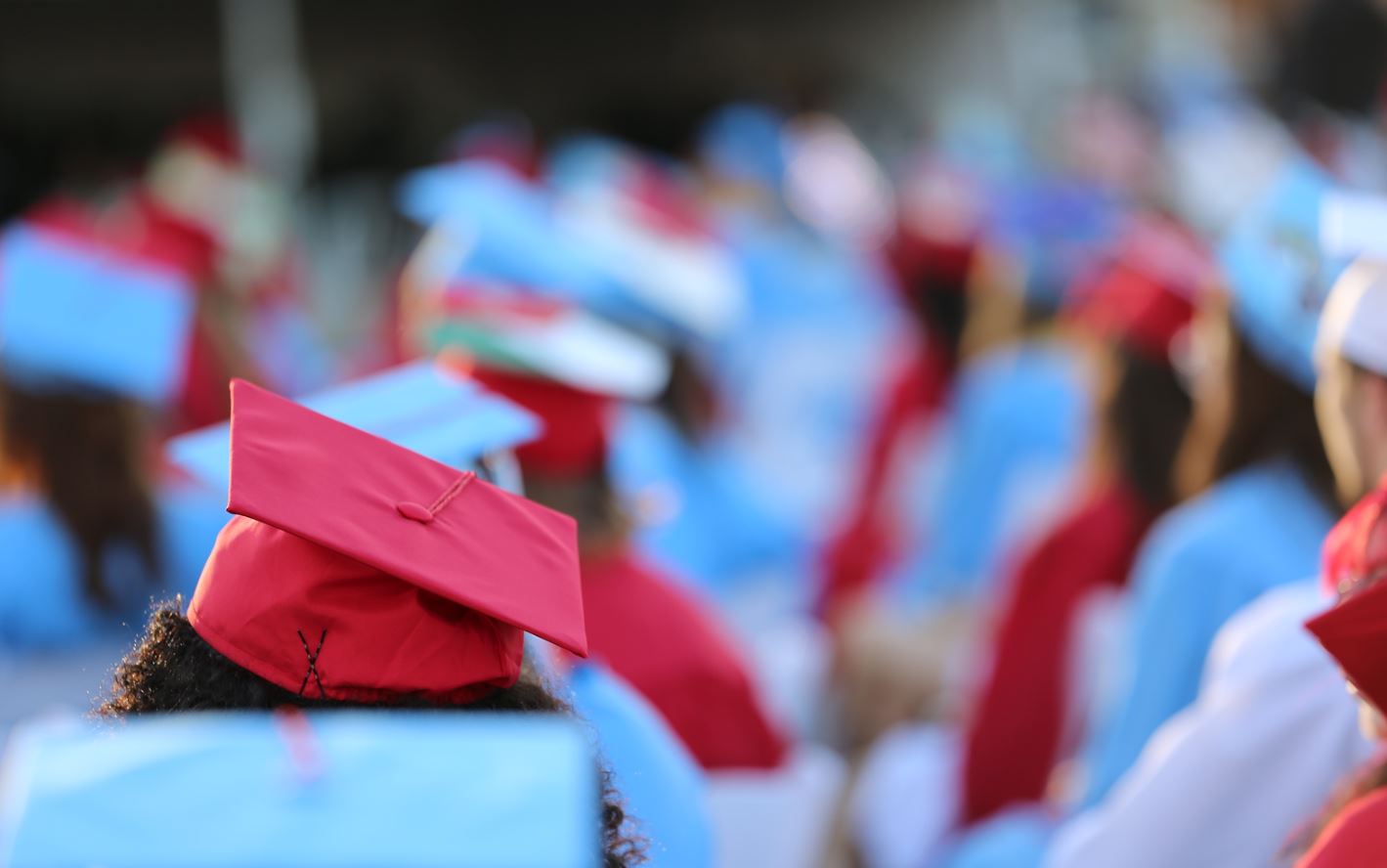November; a month of thanksgiving and family and, oh wait-no school..?
In the Salem Keizer School District, there are only sixteen days of school during the month of November for grades 6-12 and K-5 students have just 15 days. With predictions of a worse winter than usual, there are bound to be days that are cancelled due to snow or so-called “hazardous” weather conditions. This poses an important question; is there a sufficient amount of days to properly educate students?
Education isn’t purely providing information, it’s helping to develop ideas and key concepts in the minds of students and for all of those who are willing to listen. One’s ability to “connect the dots” and use intellectual reasoning to expand on ideas and beliefs are only two of many examples of achieving a quality education, along with having enhanced memory and perceptive insight.
Quality education can’t be acquired in 16 days. In this short month students are expected to remember and be able to comprehend complex theories and then discuss their effects on the world. This only leads to cutting corners and trying to find the simplest and fastest way to get assignments done. Is that what the educational system is trying to achieve?
As an IB school, South has made it’s way into the list of schools with “a reputation for rigorous assessment,” says Chuck Chamberlain, IB coordinator at South,on the school website,“giving IB diploma holders access to the world’s leading universities.”
South has a reputation for achieving high academic standards and many of our students are enrolled in one or more IB classes. Taking this into consideration, shouldn’t the district provide more school days for students? Often times, students have extracurricular activities and a busy schedule, and many teachers assign homework over the breaks. One day of teaching isn’t enough for a week’s worth of assignments.
“Grades reflect attainment of knowledge and skills relative to set standards that are applied equally to all schools” (Chamberlain says on the school website). An international program, yet we’re lagging behind still. Supposedly equal among all schools and all standards need to be met to be awarded the certificate or diploma, yet we’re not offered the same schooling system. In other countries that take part in the IB program, they have very different school schedules, and they tend to finish a year or so before the US does. Chamberlain says that the IB program’s, “goal is to provide students with the values and opportunities that will enable them to develop sound judgment, make wise choices, and respect others in the global community.”
Oregon students, generally speaking, aren’t given the same amount of time as students abroad. Studies have shown that memory is crucial in the learning process. To remember something you have to review it several times, and while that may fall into the student’s lap, the education system should also work to enhance memory in students. A lot of the problem is self discipline and strong organizational skills on the student’s’ behalf, but it would help if they were given a few more tools and information before they’re sent off for a week, seemingly, without a lot of guidance. When working on an assignment, students may not know that they need help until they’ve already begun the process, and without any school days, it’s hard to get the help they need in a timely fashion.
South High Students need more than 16 days. Perhaps moving the grading period to after thanksgiving break, or maybe just making the break a little shorter would be beneficial, but students need help and it’s getting increasingly more difficult to get the help needed.





